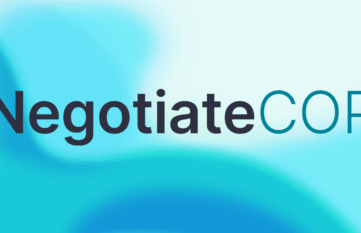The example of Ukraine shows how high-quality digital infrastructure and e-government systems can strengthen resilience in times of crisis. For years, the Ukrainian government has been investing in expanding its digital infrastructure. These investments are paying off in the war with Russia, enabling the Ukrainian government to stay in direct contact with the population, deliver services digitally (such as digital registration of births via eMaliatko – eKind), and flexibly implement new forms of assistance.
Ukraine’s goal is to position itself globally as a pioneer in e-government. Therefore, within the framework of the GovStack initiative, BMZ supports the Ukrainian Ministry of Digital Transformation in the further development of Ukrainian digital infrastructure and the global provision of Ukrainian e-government products as digital public goods.
The Ukrainian government has developed a number of e-government services. Of particular note are the Diia citizen portal, an app on which e-government services are centrally offered, and a registry platform that forms the backbone for numerous e-government services.
Diia offers citizens more than seventy administrative services. For example, Ukrainians can change their registered address without having to appear in person at their old place of residence. Diia is now used by 18 million people (40% of the population). These applications have the potential to be used in other countries and to establish Ukraine globally as a service provider for e-government. However, applications such as Diia and the registry platform do not yet follow internationally accepted guiding principles, which makes global dissemination difficult.
The mutual benefit of the cooperation between GovStack and Ukraine is that Ukrainian applications will be adapted to the GovStack mission statement, and at the same time, concrete applications will be added to the GovStack toolbox. The current project has two phases: In the first phase, the difference between the GovStack technical requirements and the Ukrainian registry platform is identified. Subsequently, a GovStack-compliant prototype will be developed, which can be used as digital public goods freely accessible for e-government services based on the GovStack principle.



